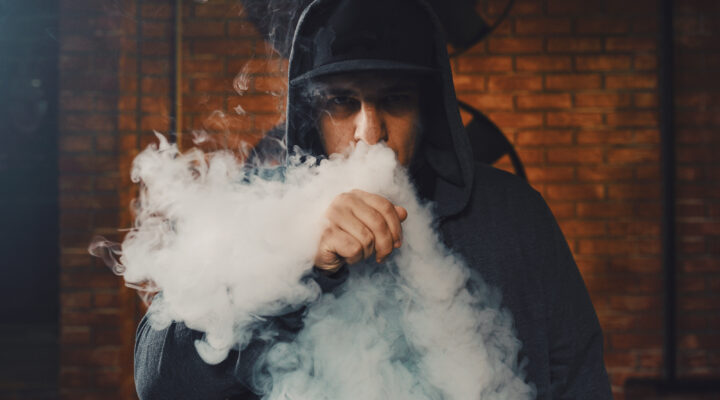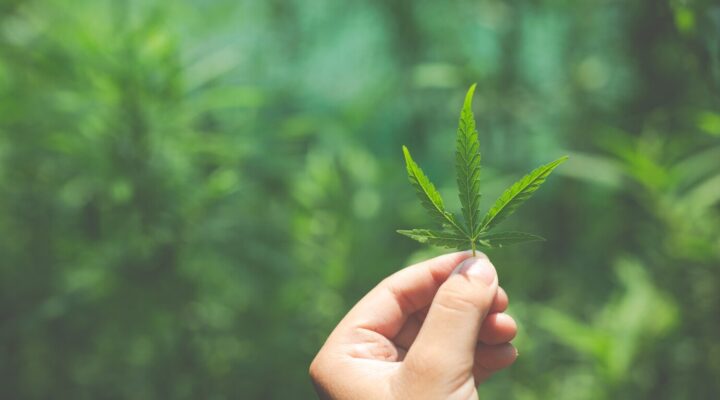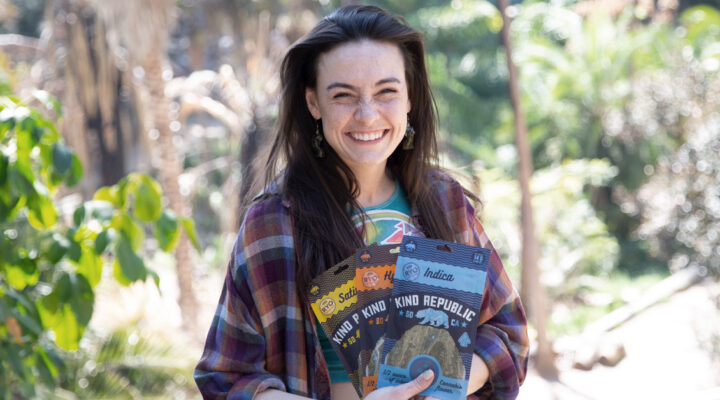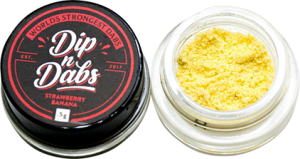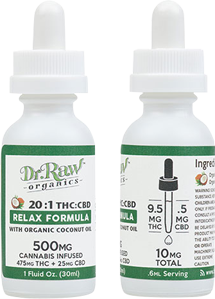The legalization of cannabis has a long history that is thoroughly imbued within LGBTQIA+ community. Before political leaders like Harvey Milk and Dennis Peron carved out real social change, cannabis was highly criminalized and severely stigmatized. Whether it be for political or financial reasons, the effect that cannabis had over society during this time was not purported to be a holistic or even a medicinal vehicle, rather something they everyone should vilify, criminalize or “just say no” to.
Photo from NYC Cannabis Parade
Harvey Milk
Harvey Milk was born in Woodmere, New York. Both of his parents served during World War I and he was later stationed in the Navy in San Diego during 1955. He later resigned due to questions about his sexuality. (1) From there he moved up the coast to San Francisco into the famous Castro District and became a prominent community organizer. After being disenfranchised by the US Navy, Milk was ready to take his community efforts in a different direction. His endeavours initiated the pathway to a more progressive platform that included decriminalizing and de-stigmatizing weed.
Proposition W
Milk was successful in many of his measures and was beloved within his community. Milk became the first openly-gay City Supervisor of San Francisco in 1977 and targeted corporations, public transportation and pushed for cannabis rights. (2) Milk supported reforms that restored the dignity of the people and took on legislation like Proposition W, which was one of the earliest campaigns to decriminalize cannabis in the United States. Milk was tragically assassinated in 1978 but not without leaving a distinguished legacy in the history of cannabis that has helped the industry align with the people, not the corporations, to maintain the ethical standards that are still in place today.
Dennis Peron
Another influential member of the cannabis community that also identifies within the LGBTQIA+ community from Bronx, NY is Dennis Peron. Dennis Peron is highly influential for his grassroots political activism and is also the co-author of California Proposition 215. (3) He would also go on to author cannabis infused cookbooks, as well. Dennis was inspired to dedicate his life to peace after experiencing the Vietnam War.
Peron’s weed activism was sparked when his partner Jonathan West was dying of AIDS without proper access to more holistic treatments. Some common side-effects of HIV and AIDS are “raised temperature, tiredness, muscle pain, body rash” which then could lead to nausea, depression and anxiety. (4) West used cannabis for cachexia, which includes loss of body fat and entails prominent muscle wasting.
Cannabis Buyers Club
After the passing of his partner, Peron garnered a sense of resilience and transmitted his loss into policy. Peron later became one of the most popular political rights activists in the history of cannabis for establishing the earliest dispensary, coined the “Cannabis Buyers Club,” which would be offered as a vehicle of medicinal care for AIDS and terminally-ill patients. (5)
California Proposition 215
California’s Proposition 215 was monumental in providing safe access to medicinal cannabis. In a quote by Peron he says,“This is about more than marijuana, it’s about compassion. It’s about America. It’s about how we treat each other as people.” (6) Dennis wrote the first draft of Prop 215 with Dale Gieringer in the organization entitled NORML. NORML has been working to reform cannabis since 1970.
A “yes” vote on California’s Prop 215 supported exempting patients and defined caregivers who possess or cultivate marijuana for medical treatment recommended by a physician from criminal laws which otherwise prohibit possession or cultivation of marijuana.
A “no” vote on California’s Prop 215 opposed exempting patients and defined caregivers who possess or cultivate marijuana for medical treatment recommended by a physician from criminal laws which otherwise prohibit possession or cultivation of marijuana. (7)
Eventually California’s Proposition 215 would pass and medicinal patients would legally be granted access to cannabis. Peron’s efforts along with many others at the time, such as Mary Jane Rathbun aka “Brownie Mary” and Paul Scott who is the former President of LA Black Pride and also former chairman of the Oakland Cannabis Buyers’ Cooperative, who made monumental contributions that have helped paved the industry we experience today.
Photo from Pride San Diego
Human social rights issues were at the forefront of the cannabis movement and were centralized from the genuine compassion for people. This mirrors our earliest and current intentions as a dispensary and has viscerally laid the framework upon which we build everyday. Affordable and safe access to cannabis is a right that is still limited, threatened and criminalized in certains areas of the United States. We are focused on working within our community to dismantle this process, while honoring and uplifting the powerfully queer legacy in cannabis.
Written by: Renee Smaldino
Sources
1. “The Very Queer History Behind Cannabis Legalization.” BlackbirdGo, 8 Jan. 2020, blackbirdgo.com/discover/queer-history-behind-cannabis-legalization/.
2. “Dennis Peron.” (2021). Ballot Pedia. https://ballotpedia.org/Dennis_Peron
3. “Dennis Peron and Prop 215.” (2007). O’Shaugnessy’s Reader. Published.
4. “HIV and AIDS.” (2021). National Health Services. https://www.nhs.uk/conditions/hiv-and-aids/symptoms/
5. “Dennis Peron and Prop 215.” (2007). O’Shaugnessy’s Reader. Published.
6. “California Proposition 215, Medical Marijuana Initiative.” (2021).
https://ballotpedia.org/California_Proposition_215,_Medical_Marijuana_Initiative_(1996)
7. “California Proposition 215, Medical Marijuana Initiative.” (2021). https://ballotpedia.org/California_Proposition_215,_Medical_Marijuana_Initiative_(1996)

